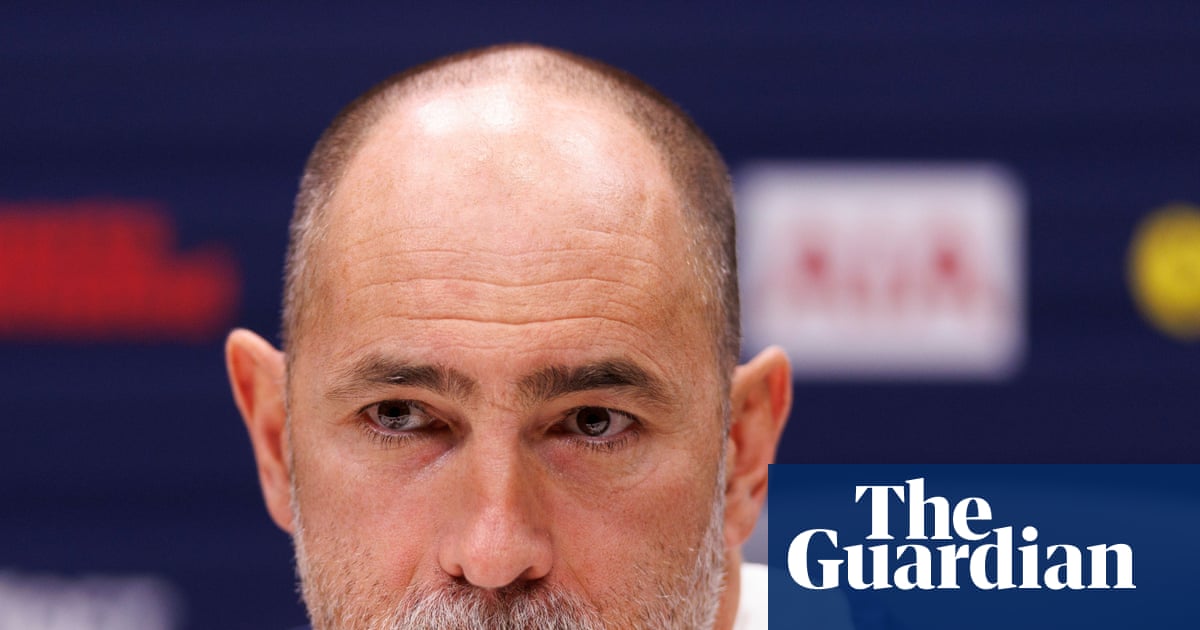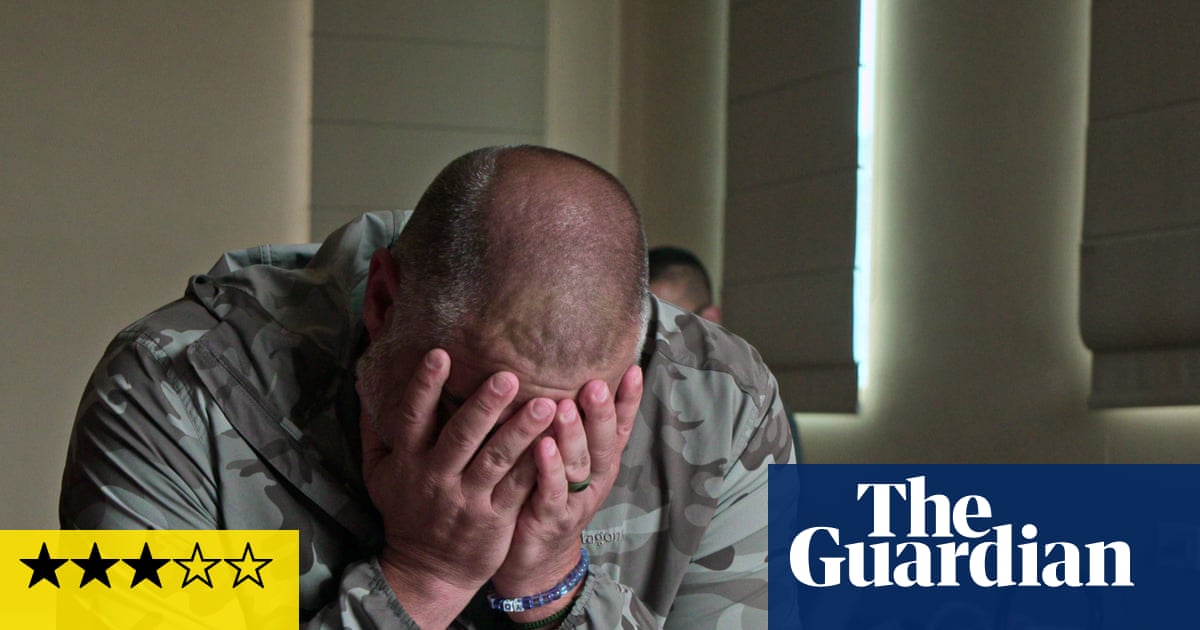“Childhood doesn’t end the day you turn five,” Ruth Lue-Quee said to me on the phone as she shepherded her son to the playground this half term. “Playing is what children are born to do. It’s innate in them. It is how they learn.” The former deputy headteacher’s petition to make play-based pedagogy a core part of the key stage 1 (KS1) national curriculum in England has garnered almost the required 100,000 signatures for debate in parliament.
Observe any nursery or reception class and you’ll see what she means: kids roaming freely, modelling wet clay encrusted in glitter, playing pretend kitchen, banging on drums in the music cupboard. They’re interacting in an organic, self-guided way, moving around, using their imagination and following their own initiative. This is how the vast majority of early years pupils spend their time learning. Yet the moment a child finishes reception and begins year one, the English education system essentially dictates that playtime is over.
I’ve been touring schools for my son recently, so in some cases I have seen this shift from childhood to mini-adulthood take place before my very eyes. You exit a reception classroom alive with movement and chatter to enter one for the year above only to see a marked shift in atmosphere and environment. The children look so small to be sitting at their tables with a teacher standing at the front of the room delivering a maths or a phonics lesson. Like many others, I find myself wondering if we are setting them up to fail by pushing too much on them too soon, and by making them sit still when they want to move their bodies.
This shift at age five makes England something of a global outlier. In Scandinavian countries, formal schooling is delayed until the age of six or seven. Perhaps surprisingly to some, high-performing Asian countries such as China and Singapore have systems that incorporate play as a key principle in kindergarten or lower primary. Even closer to home, in Scotland and Wales, play is a statutory part of their KS1 curriculum equivalents. In England, some headteachers, such as Tina Farr at her Oxford primary, are bucking the trend, but it is mostly the case that, to quote Farr: “If a time traveller arrived from Victorian times into a school they would recognise it immediately.”
In her old job, Lue-Quee worked at three state primary schools in the West Midlands and so was on the frontline of the move away from play-based learning. In much of the western world, as in the UK, a gradual shift has been taking place for decades, against the advice of many teachers. But it was in 2014, with Michael Gove’s curriculum changes, that Lue-Quee noticed a profound shift towards more formal learning. She had tried hard to incorporate play in her schools. Working with a class of 30 pupils with several Send children and some with limited English, she says that play-based learning provided an environment to develop skills many of them hadn’t yet secured. “It meant no child was in a classroom where they felt lost,” she said.
Lue-Quee had introduced a role-play area in the form of a wooden “home” corner that the children could turn into whatever their imagination desired – a kitchen, a den, a space rocket – which had a “phenomenal” impact on their language development and social skills. There was also a creative corner – a space where children could access drawing, craft and art materials to play, create and build of their own accord, aiding their motor skills and helping them learn to hold pencils and write. When the school became an academy trust, the executive headteacher told Lue-Quee that these spaces didn’t belong in a KS1 classroom, and they were removed and replaced with desks.
It wasn’t long before Lue-Quee quit to become an education consultant and campaigner specialising in the importance of play. Like many teachers, she felt these shifts in education directly contradicted the body of research on how play underpins the foundation of learning in childhood, fostering everything from social skills and language development to fine and gross motor skills, as well as aiding the literacy, numeracy, critical-thinking and problem-solving skills that so many politicians seem to think have to be delivered through top-down teaching methods. It plays an essential role in wellbeing too, offering kids physical exercise and helping them self-regulate their emotions and manage stress.
Not only are English pupils being deprived of their need, and arguably their right, to learn through play, but also they are having to learn more formally and far sooner than their predecessors. In 2009, under Ed Balls, the school admissions code was changed, making it the norm for all children to start school at age four. Couple that with Gove’s raised learning expectations, and what used to be taught in year one is now being taught in reception – and to much younger children. It’s no wonder that it’s become quite common to hear parents speaking of wanting to defer the start of reception, especially for summer-born children, because they simply aren’t ready yet.
In refusing to accept that children learn in specific ways, and by shortening the critical development stage for play-based learning, the English education system has gone badly wrong. Certainly the constant headlines about children not being developmentally ready to start school, the record numbers of school-refusing children and the inability of the system to adequately support Send pupils seem to suggest that.
Are young kids really failing – or is the system failing them? The hope of campaigners is that the Labour government will agree that it’s the latter and carry out urgent reform. Meanwhile, all parents like me can do is try to find a school that, when you walk around it, still feels alive with laughter and play, and hope there is a place for their child there.
-
Rhiannon Lucy Cosslett is a Guardian columnist

 3 months ago
332
3 months ago
332

















































